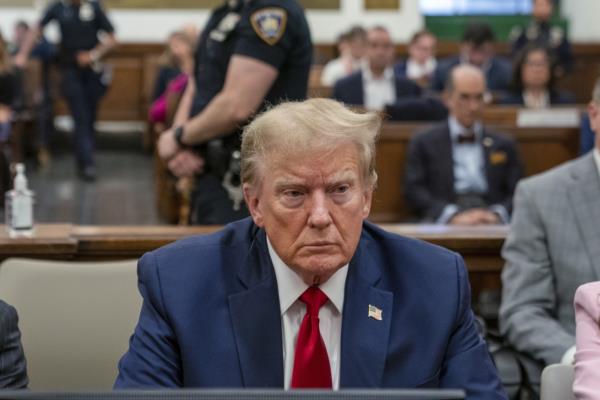
In a recent development, former President Trump is seeking to have the federal election subversion criminal case against him in Washington, D.C. thrown out. His legal team argues that Trump was acting in his official capacity as president to uphold the integrity of the election results. They further contend that before any court can pass judgment on his conduct, Congress must have approved it by impeaching and convicting the president. Since this did not occur, Trump claims he is protected by immunity.
An appeals court has expedited the process and will hear the case on January 9th. As a result, the judge overseeing the case has put procedural deadlines on hold. The central question now lies with the appeals court as to whether presidential immunity applies in this instance. The matter is complex, and Trump is not the first president to invoke this immunity.
Presidential immunity shields the sitting president from civil lawsuits or criminal prosecution for certain acts committed during their time in office. The argument in favor of immunity stems from the belief that a president must be able to make quick decisions without the burden of legal proceedings that could obstruct presidential duties. However, this immunity typically pertains to civil lawsuits rather than criminal charges. Committing a crime is not protected by presidential immunity.
Past presidents have made attempts to invoke immunity for specific circumstances. President Richard Nixon famously tried to avoid handing over his White House tapes during the Watergate scandal, but the Supreme Court ruled against him. Nixon eventually submitted the tapes, which provided evidence of his involvement in the cover-up, leading him to resign from office.
Though President Trump's legal team is arguing for presidential immunity, legal experts find it unlikely that such immunity extends to criminal charges. The special counsel handling the case had hoped the Supreme Court would make a quick decision on this matter, as the trial was set to begin soon.
While the current situation presents uncertainties regarding the scope of presidential immunity, it is expected that the Supreme Court will address the issue in some form. However, the timing of their decision remains uncertain, potentially impacting the start date of Trump's trial related to the events of January 6th.
As the arguments surrounding presidential immunity unfold, the outcome of this case will have significant implications for future presidents, shaping the boundaries of their legal accountability while in office.







